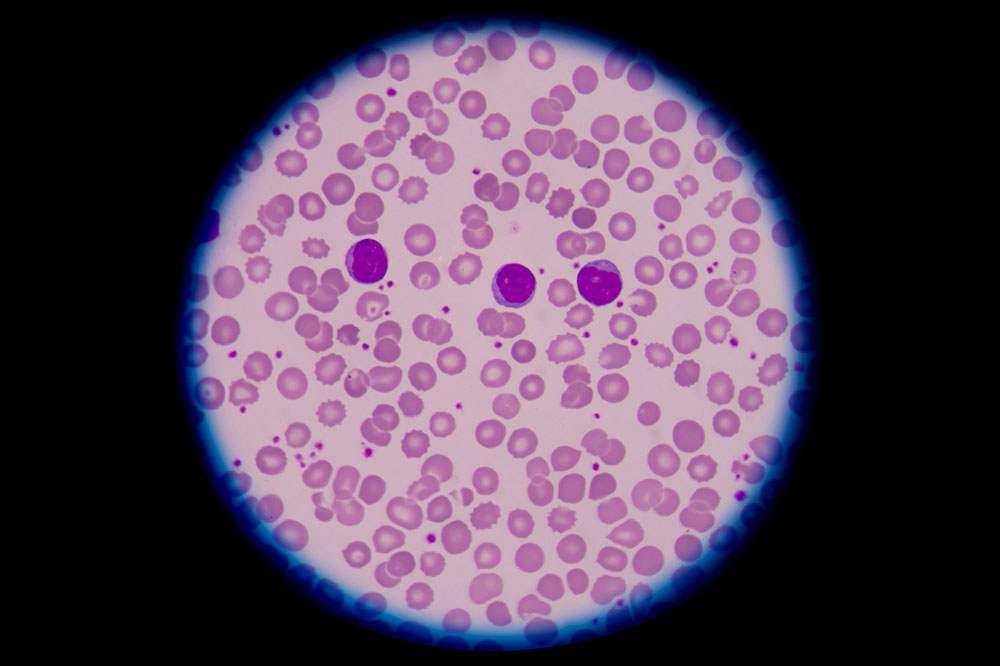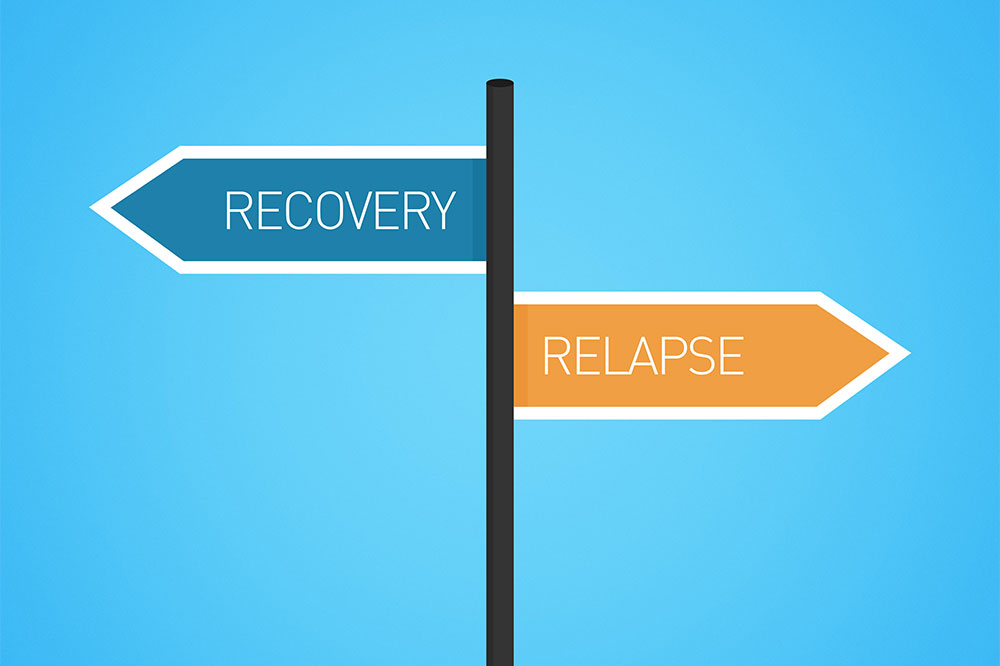6 foods that help relieve pregnancy symptoms
Following conception, pregnancy symptoms can be detected as early as two weeks. Nausea, fatigue and irregular cravings, among others are valid indicators of the possible onset of pregnancy. A pregnancy test will be required to confirm it. Once that happens, most of these symptoms still persist and cause real discomfort to the expecting mother. Dietary changes can help manage the pregnancy symptoms, with some of the most potent ones mentioned below: Ginger tea In the first trimester of pregnancy, women often suffer from nausea and vomiting. It can sometimes last all day for certain women, starting around the sixth week of pregnancy and lasting until the 12th week. Ginger root contains specific chemicals that help ease some of this discomfort. Gingerols and shogaols – two compounds found in ginger, are thought to act as receptors in the digestive system and help empty the stomach. Additionally, ginger is known to relieve pain due to uterine cramping. Banana Besides providing some beneficial nutrients and minerals to the mother and the child, bananas also impart comfort by easing some of the pregnancy symptoms. It helps prevent constipation problems, controls abdominal bloating, and smoothens bowel movement. Women also suffer from loss of appetite during pregnancy, and eating bananas helps boost their urge to eat.
Read More 









